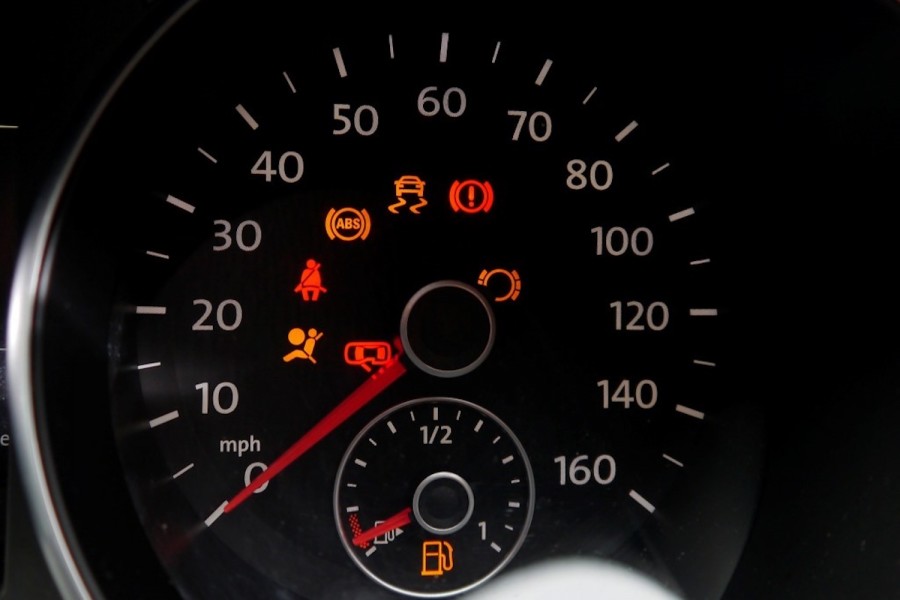The EU has officially passed into law new road safety regulations that will come into force in 2022.
Speed limiters and alcohol locks
The new regulations were proposed by the EU Parliament and Commission earlier this year, but with the assent of the Council have now become law. The new laws attracted much controversy when first announced, as in early drafts they seemed to include mandatory automatic speed limiters. However, it became quickly clear that the proposals were instead meant to include the sort of cruise-control-style speed limiters already widely available, and that it will be up to the individual driver to activate such systems.
Of possibly greater importance from a safety point of view will be the addition of standard alcohol interlocks. These will, in theory, make it impossible for someone who's drunk too much to start their car. While the technology is well proven already, there is still a question mark over how it will be used. The tech will have to be fitted to all cars, by law, but it seems likely that most countries will only mandate its use by those who have already been previously convicted of drink-driving.
More safety kit as standard
Other safety kit, often currently found on the options list, but which will now have to be fitted as standard, will include driver attention and drowsiness detection, emergency stop signals, reversing cross-traffic alert systems, event data recorders (although it doesn't yet specify whether or not these will be cameras, or merely data logging by your car's on-board computer systems), and 'accurate' tyre pressure monitoring systems (a swipe at the majority of car makers who currently fit infra-red based tyre pressure monitors, which are notoriously unreliable, instead of systems which monitor the physical pressure within the tyre).
In addition to the general requirements and existing systems (such as lane departure warning and advanced emergency braking), trucks and buses will have to be designed and manufactured in such a way that the blind spots around the vehicle are significantly reduced. They will also have to be equipped with advanced systems capable of detecting pedestrians and cyclists located in close proximity to the vehicle.
'Significantly reduce the number of fatalities'
The legislation leaves open the possibility of more regulations being added by the EU Commission at a later date, such as specific rules for hydrogen powered vehicles, or for autonomous cars. "These new rules will help us to reduce significantly the number of fatalities and severe injuries on EU roads. They also enhance the European car manufacturers' competitiveness in the global market" said Timo Harakka, Finnish minister for employment.
Although the UK is due to depart the EU (at some stage, we continue to presume) the government there has already announced that it will shadow these new rules. Neil Greig, director of policy and research at the Institute of Advanced Motorists RoadSmart, said: "We welcomed these proposals earlier this year so it is great to see they will actually happen. Speed limiters will still be voluntary so you don't have to use them, but they could save your licence if you do. Although all new cars from 2022 cars will be enabled to have an alcolock it will be up to the government to decide how they are used. We see them as a useful tool for repeat drink-drive offenders to get them back to safe driving after a ban. It is very unlikely that the vast majority of the law-abiding public will ever have to blow in a tube to start their car."

